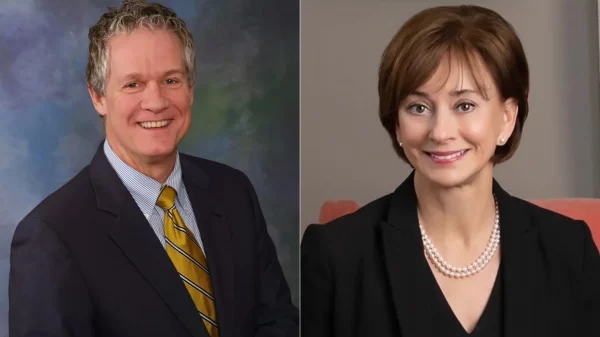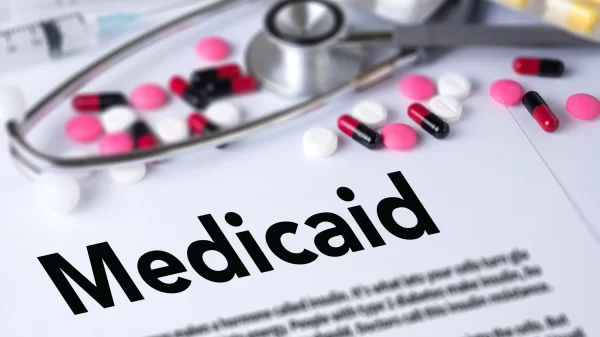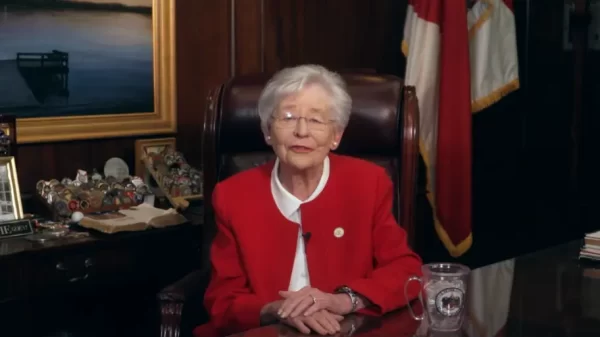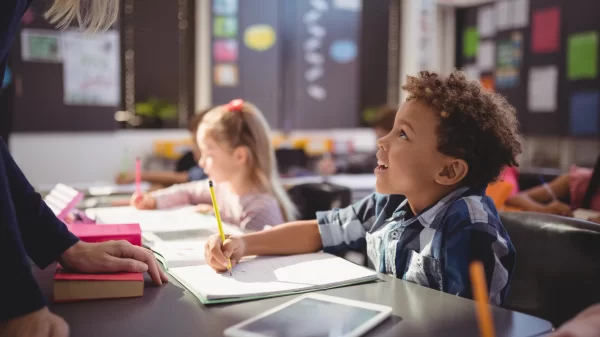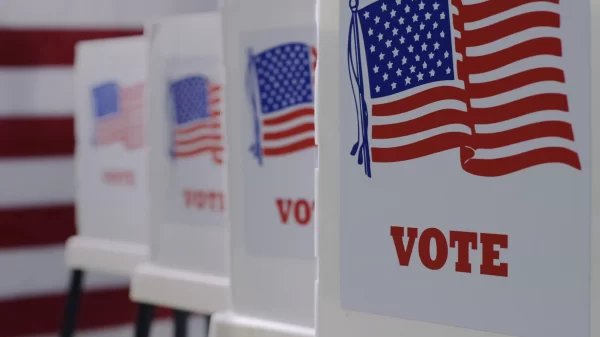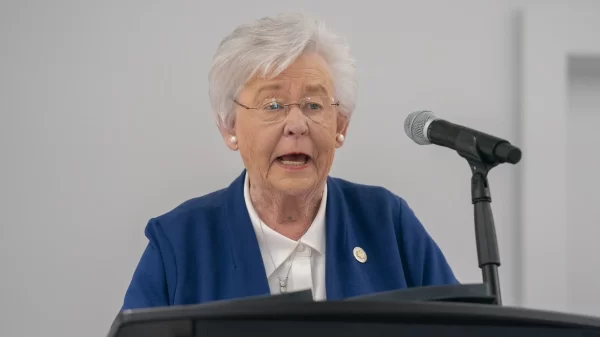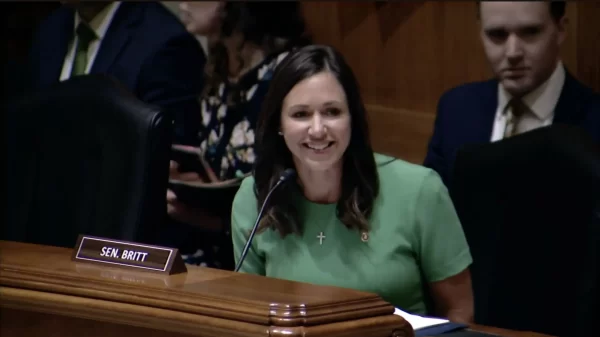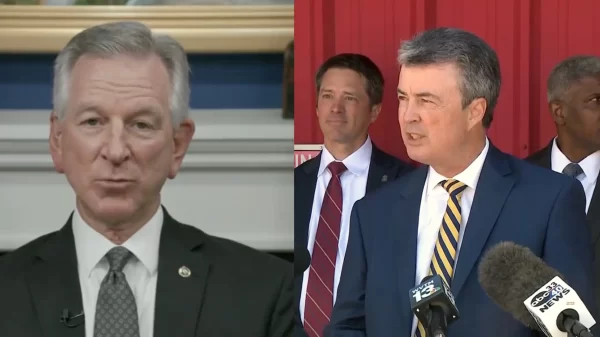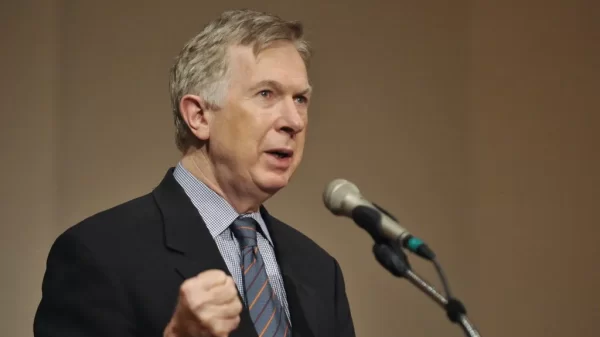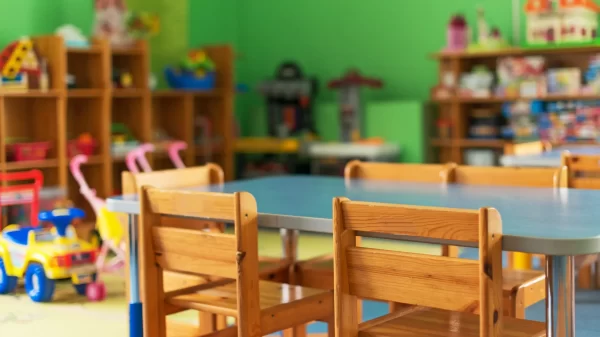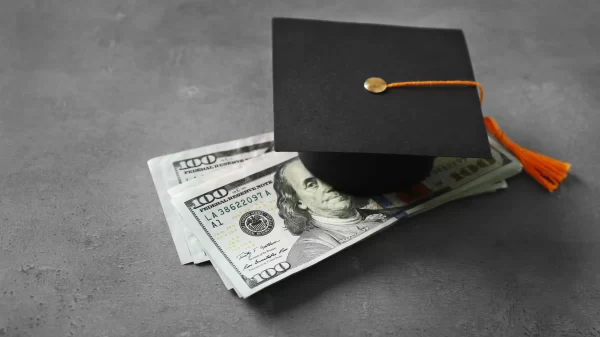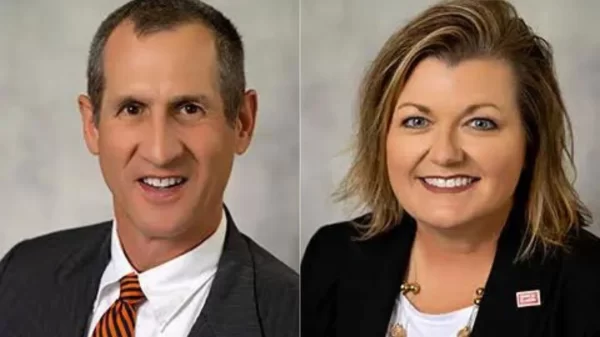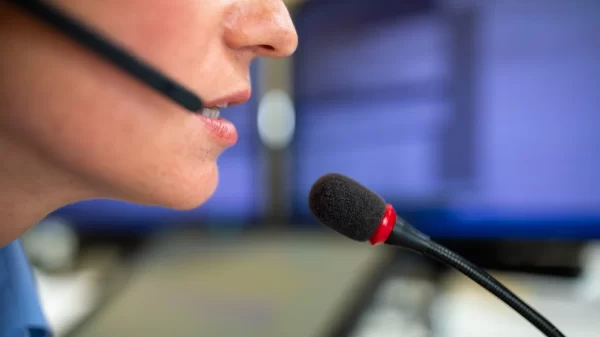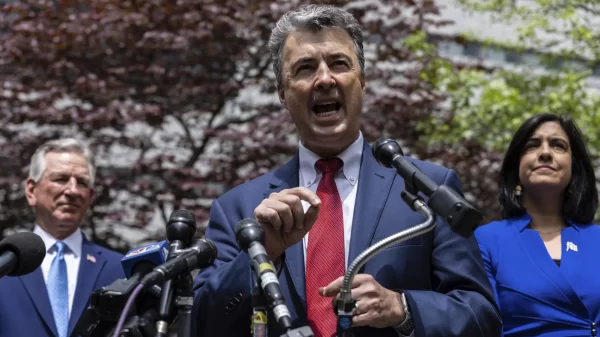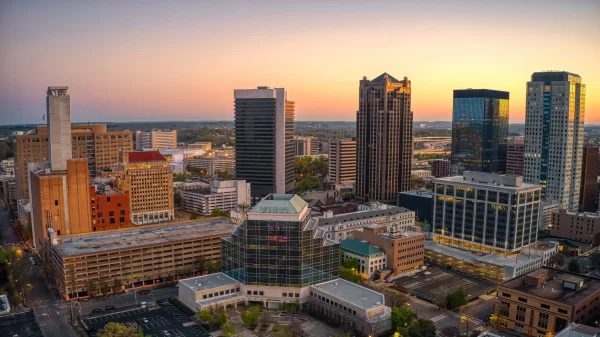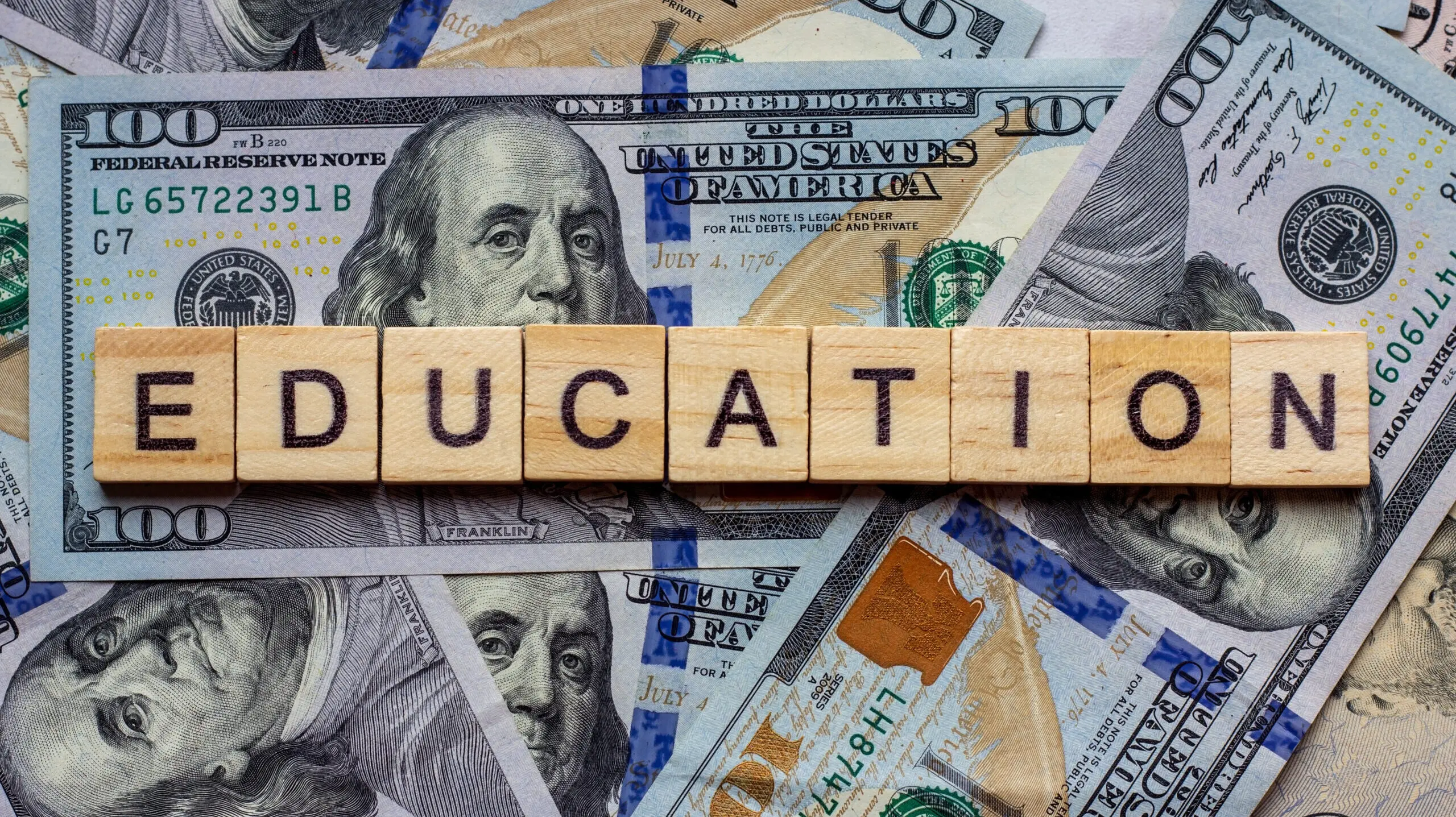|
Getting your Trinity Audio player ready...
|
The Alabama Senate unanimously passed a $9.3 billion education budget package Thursday with little debate, but there will be debate between the two chambers as the House voted not to concur with changes made in the Senate.
One of the most notable changes made in the Senate is the addition of $10 million in funding for the administration of an EBT summer feeding program, which hunger relief advocates rallied the Senate to include in the budget as it could bring up to $100 million in federal funding to feed children throughout the summer of 2025.
Rep. Laura Hall, D-Birmingham, proposed an amendment on the House floor to add $13 million to fund the program. But Education Budget Chair Danny Garrett, R-Trussville, said he believed more research needed to be done into how the state would administer the program and asked the House to table the amendment.
The Senate also restored some funding to the Alabama Public Library Service. The House budget took $750,000 away from the state agency and gave $250,000 to the Dolly Parton Imagination Library and $500,000 to Better Basics, a program providing intervention in reading and math primarily in Central Alabama. The cut represents 18 percent of the agency’s operating budget.
The Senate voted to give APLS $350,000 more than the House proposal.
The overall budget is a 6.8 percent increase over last year, representing an additional $550 million. The budget includes pay raises for teachers and increased allocations for most departments and agencies besides APLS.
The starting pay for new teachers gets a significant raise under the budget to $47,600, the highest rate of states in the region. Gov. Kay Ivey made it part of her priority to raise the starting pay to address the state’s teacher shortage. The raise is projected to cost the state $104 million.
Teachers would also be getting a 2 percent raise across the board, something Ivey has pushed throughout her tenure. Teachers have already seen a cumulative 15 percent pay increase since Ivey took office.
The budget sets aside $11 million to fund an additional 200 principals and assistant principals throughout the state. Currently, a school must have 500 students to access state aid to hire principals—the budget would lower that to 300 students.
Lawmakers increased the proposed release of funds from the Advancement and Technology fund—Ivey proposed $700 million, lawmakers allocated $1 billion from the fund. Of that money, $726.3 million would go to K-12 education and the remaining $273.3 million would go to higher education.
A supplemental appropriation of $651 million included $20 million toward funding the Alabama School of Healthcare Sciences in Demopolis.
Other highlights of the supplemental bill include $20 million for new statehouse construction, $50 million to fund Education Savings Accounts under the new CHOOSE Act, and $40 million for a community college grant program.


